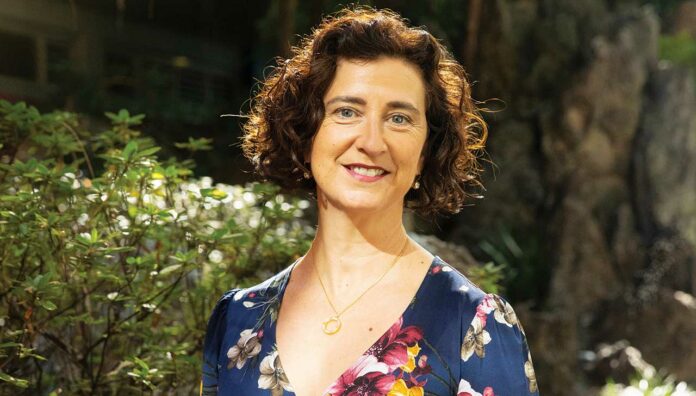Genevieve Adamo MPS is the Senior Pharmacist – Poisons Information at the NSW Poisons Information Centre and a speaker at PSA22 next month.
Why choose pharmacy?
My father was a pharmacist, so I grew up working in his pharmacies every school holiday. After seriously considering economics, I felt a career as a pharmacist would combine my love of science with the family life I wanted, and it has not disappointed.
Where did you ‘learn the ropes’?
I was lucky enough to work part-time as a pharmacy assistant at Soul Pattinson, 160 Pitt Street, while a student at the University of Sydney, and then stay on as an intern and pharmacist. Working for Soul Pattinson allowed me to learn from different pharmacists and retailers and gave me an opportunity to develop a variety of clinical and management skills.
What attracted you to poisons info?
After my second child, I felt a bit rusty returning to work. A job at the Poisons Information Centre (PIC) provided an opportunity to use all my pharmacist skills with training to become a Specialist in Poisons Information (SPI). It was the most challenging and rewarding role with an amazing group of people. The shift-work of a 24/7 service, although unusual for a pharmacist, provides flexibility with juggling family unavailable in most pharmacy roles. I started with the Poisons Centre 18 years ago, and although I had a few years off to have more children, I kept returning because of the variety the role offers. Currently, my role in toxicovigilance incorporates providing advice on the phone service, as well as management of the website and media requests, development of fact sheets for public education, submissions for regulatory consideration and all things poisoning prevention.
What’s one ‘feel good’ situation where you made a difference?
We were consulted about a 1-year-old boy, very unwell with chronic salicylate poisoning from overuse of Bonjela teething gel. His mother had no idea it was toxic and, after recovery, was keen to collaborate on media messaging to ensure families knew the risks to prevent a recurrence. With more to be done, I used the case as part of the evidence to support an application to the Therapeutic Goods Administration for the rescheduling of choline salicylate. The application was successful. From February 2023, choline salicylate topical gels will be Schedule 2, requiring consultation with pharmacists and pharmacy assistants as well as cautionary warning labels. It is extremely rewarding to know I can help individuals and the community with the work we do at PIC.
What is a most unusual call to PIC?
There are so many it is hard to pick a stand-out. But there was a day when a child took a packet of flame colourant crystals to school thinking they were popping candy and shared them with friends. In fact, it was copper sulphate, which can be corrosive and cause severe toxicity, including renal and hepatic damage, metabolic acidosis, and death in small exposures. This resulted in many children requiring assessment and monitoring in hospital.
What would attract more pharmacists to PICs?
Poisons Information is a small specialty, with only about 60 SPIs nationwide, but the increasing complexity and call numbers mean we are often looking for pharmacists. It can be a stressful and demanding job, due to the fast pace and dealing with self-harm calls every day, but it is also clinically incredibly challenging and rewarding. There are often no set answers to the questions posed, so we are required to go back to first principles and evaluate available information. We are also fortunate to work on projects with amazing toxicologists and researchers to develop the latest information. Much of our call-taking is now done remotely, which means no commuting, as the job is no longer restricted to capital cities. Regular training sessions are a fantastic opportunity to catch up face to face, and it means you are always learning; it’s never boring.
Any advice for ECPs?
Get comfortable with the uncomfortable and practise problem-solving skills. We need to focus more on problem solving to find the best solution for our patients rather than what someone else has deemed the “right” answer. And take any opportunity to get involved in research.
Day in the life of Genevieve Adamo MPS, Senior Pharmacist – Poisons Information at the NSW Poisons Information Centre.8–11.30 am – Into the morning Get the kids to school and leisurely walk the dog before meeting with NSW PIC research team to finalise hand sanitiser exposure research paper. Radio interview on prevention of mushroom poisoning precedes work on a media campaign for carbon monoxide poisoning awareness. 2–6 pm – Disability medicines advice Review and analyse calls from disability workers to assess areas to potentially improve medication administration practices. Then it’s after-school activities and dinner until PIC time. 8 pm – Start call-taking shift at PIC In a 4-hour evening shift, I provide advice on 20–30 calls, each 3–5 minutes long. Call from mother of child, 18 months, found sucking on tube of home hair dye containing 12% hydrogen peroxide. Advise high-strength peroxide can cause a chemical burn, other systemic effects. Needs hospital monitoring, so referred immediately to the nearest hospital. 10.25 pm – Medicines non-compliance Call received from a group home regarding boy, 10 years, with autism refusing evening medicines including olanzapine 5 mg, amitriptyline 25 mg, aripiprazole 10 mg x0.5, clonidine 150 mcg x0.5, melatonin 2 mg. Has refused evening medicines for 2 weeks due to drowsiness in the mornings but takes morning doses of amitriptyline, aripiprazole and clonidine. Advise review by doctor tomorrow after 2 weeks of missed evening medicines. Doses of olanzapine or SR melatonin likely adverse effect cause. Suggest reduced dose/medicines change. 11.44 pm – Paracetamol overdose Woman calls about paracetamol clearance. Admits taking deliberate overdose of 20 tablets two nights prior, now has abdominal pain indicating liver involvement. After my compassionate explanation, woman says she will take more paracetamol and hangs up. Call police and I give her phone number so they can locate and transport her to hospital. 12 am – Bedtime, finally Complete all documentation, and review calls taken by other SPIs during the evening. |
Register now for PSA22 at psa22.com.au/registration






 Sponsorship information
Sponsorship information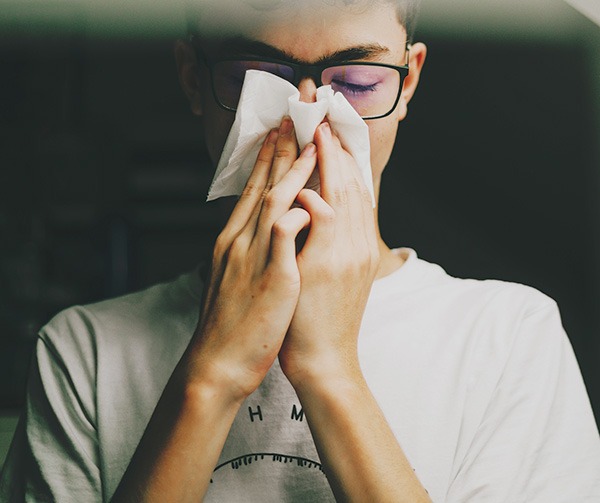
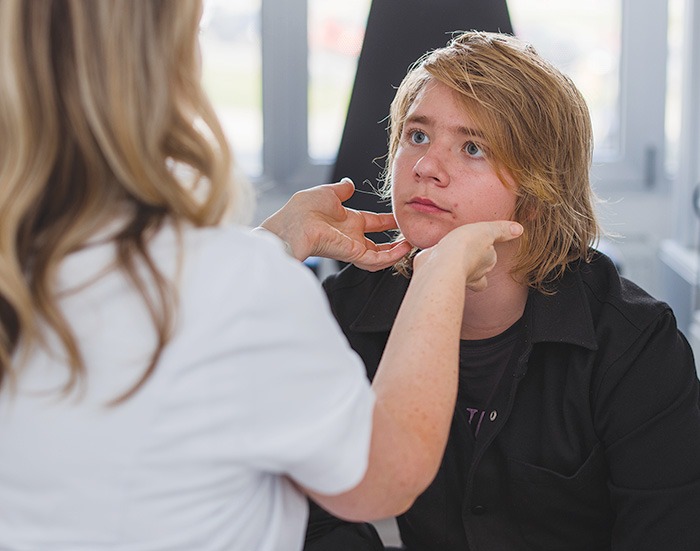
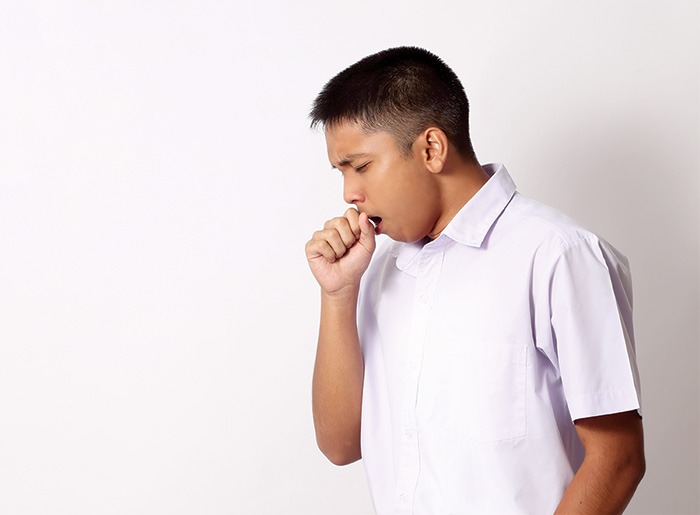
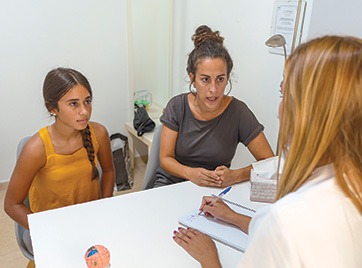 Talking to patients who have questions
Talking to patients who have questions
